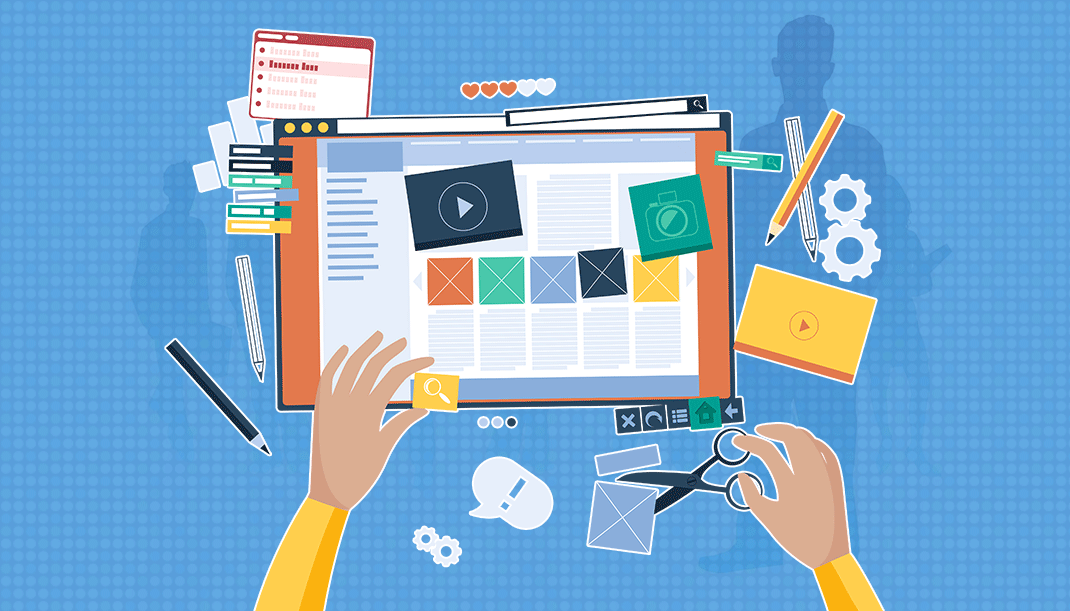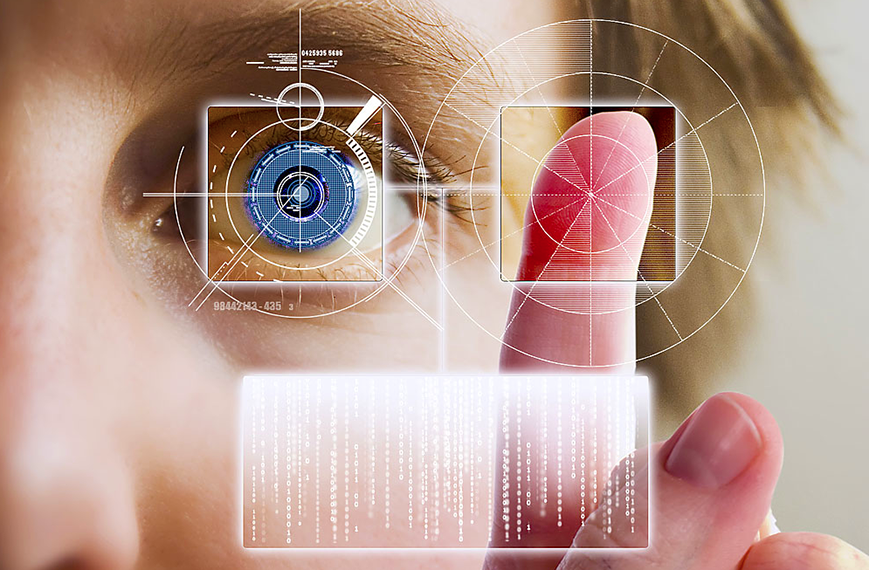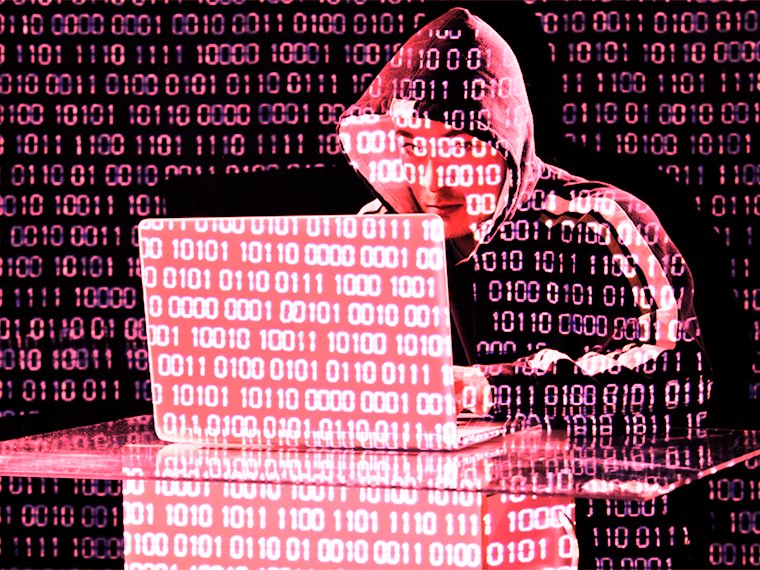According to multiple reports by UNESCO, including the “Learning to Be” report of 1972, “Learning: The Treasure Within” of 1996, and “Rethinking Education” in 2015, the international organisation highlights the importance of education in enhancing human dignity and fostering global harmony. In this video, Dr. Sobhi Tawil, the Director of the Future of Learning and Innovation team at UNESCO, highlights the “transformation” of education, fuelled by digital tools and tech advancements. The video is live now on Dinis Guarda YouTube Channel.
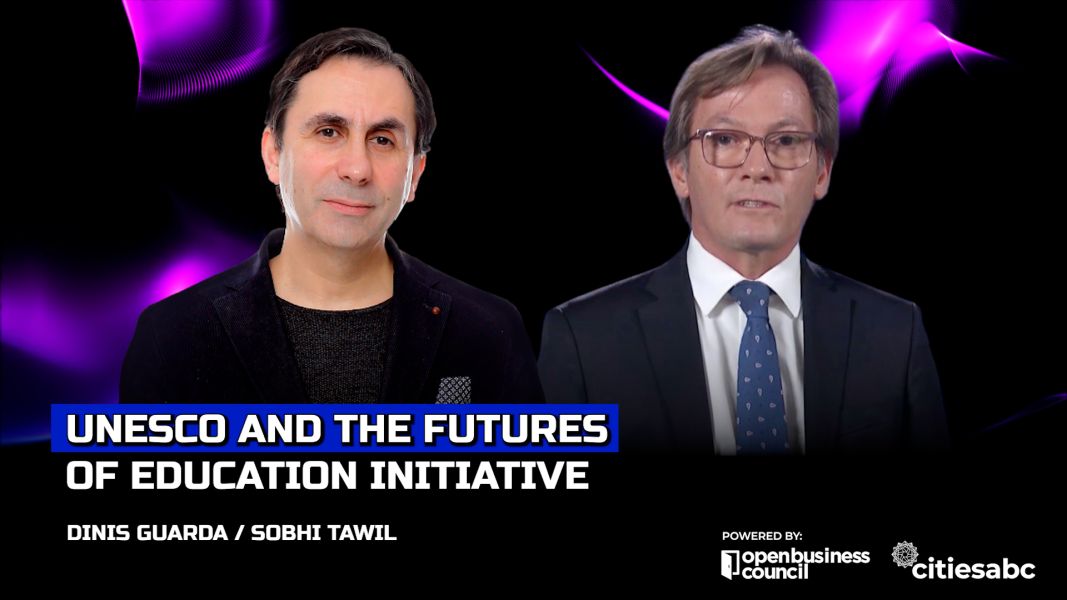
“UNESCO is an international organisation based on the moral and intellectual solidarity of humankind, through cooperation in the areas of science, education, and culture”, says Dr. Sobhi Tawil, highlighting the underlying foundations of UNESCO.
Exploring that idea, Dr. Sobhi Tawil said that the education dimension of UNESCO “is a think tank to generate ideas, monitoring initiatives, and mapping their implications.” Futures of Education, he says, is an international commission of experts from different fields, thinking about looking at the 2050 horizon through the current trends and projecting them along the trajectory of technological evolution.
“It is a foresight in 2050 on the basis of current trends. What the world is likely to look like in 2050. It also brings a perspective on how a different kind of education shapes an alternative future that would take us in a more sustainable direction, a more inclusive and just direction”, he says.
Transforming Education: The Futures of Education Initiative By UNESCO
In this clip, part of the interview between Dr. Sobhi Tawil and Dinis Guarda, released recently on YouTube, he told Dinis that according to the latest studies, about 770 million adults around the world are non-literate, and about 50% of the upper secondary students are not able to finish their education due to a variety of reasons.
The Global Education Monitoring Report of 2020 further highlights that fewer than 10% of countries have laws that help ensure full inclusion in education. The Futures of Education initiative of UNESCO is a rallying call for global citizens to rethink, reimagine, and reshape the very foundations of knowledge and learning.
The initiative suggests that education is not merely a response to the changing world; it is the transformative force that can shape and mend the world itself. “Transformation means a kind of critical examination of what is really not working, despite our best intentions”, Dr. Sobhi says.
Navigating the Futures of Education: Learning from the Past and Paving the Way Forward
The Futures of Education initiative recognises that knowledge and learning are not finite resources; instead, they are the dynamic engines propelling human responses to challenges and innovation. The initiative is aligned to the basic belief of UNESCO that education is a catalyst for a society to reproduce, transmit, and transform knowledge, and accumulated skills, values, and beliefs across generations.
But sometimes, Dr. Sobhi says, “the way we do education might also be a part of the problem. For example, some kind of education might contribute to polarisation of our societies, division, and undermining social cohesion.
In such a scenario, we have strengths to build on. But for that, we also have to critically examine it and find out what is not working. This is a part of transformation, keeping one foot in the past.”
Speaking about the other aspect of this initiative, Dr. Sobhi told Dinis that “it is important to look at the future, where we are headed.”
This, he said, could be done based on projection of current trends, and constantly bringing the “transformative measures in order to shape an alternative future.”
He highlighted that the Futures of Education initiative allows a high-level International Commission and a global consultation process that enables UNESCO to offer a forward-looking vision on how education and learning can empower humanity to navigate the uncharted territories of the 21st century.
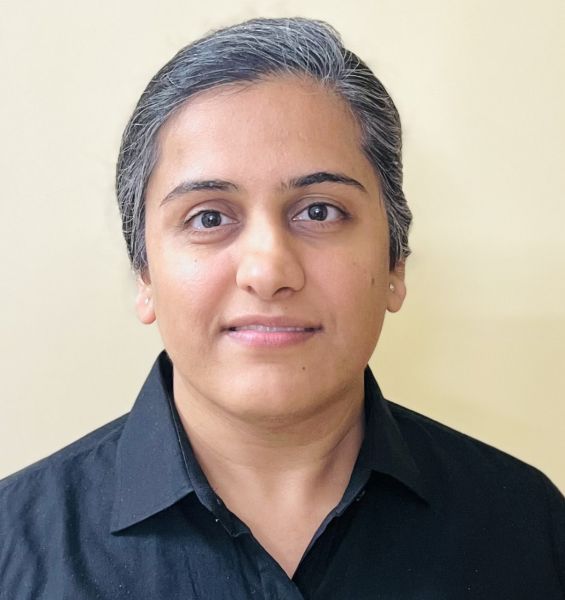
Pallavi Singal is the Vice President of Content at ztudium, where she leads innovative content strategies and oversees the development of high-impact editorial initiatives. With a strong background in digital media and a passion for storytelling, Pallavi plays a pivotal role in scaling the content operations for ztudium’s platforms, including Businessabc, Citiesabc, and IntelligentHQ, Wisdomia.ai, MStores, and many others. Her expertise spans content creation, SEO, and digital marketing, driving engagement and growth across multiple channels. Pallavi’s work is characterised by a keen insight into emerging trends in business, technologies like AI, blockchain, metaverse and others, and society, making her a trusted voice in the industry.
























